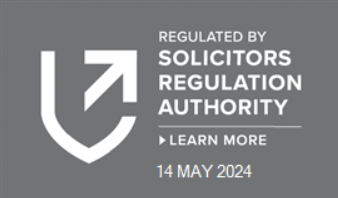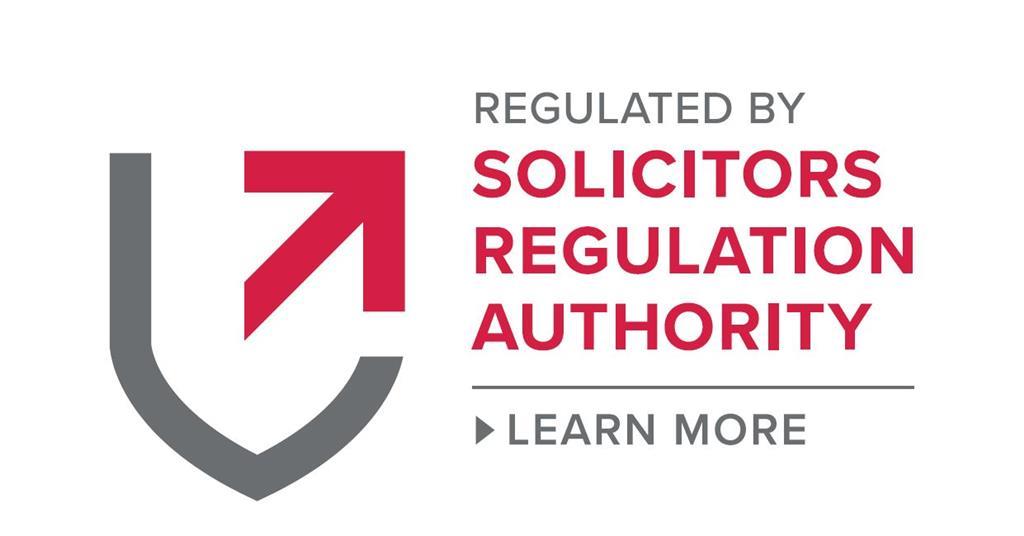Why make a Will?
Wills gives you control over your estate after you die and gives you options over who benefits.
Many people think a Will is too expensive and “anyway everything I own will go automatically to my spouse or my children”. This is a common misconception.
In essence, a Will is a legal tool that allows you to pass on your possessions to benefit others and can also help you save inheritance tax.
The only certain way to ensure that your spouse, partner or relative, etc. inherits what you want them to is by making a Will. If you die without having made a Will, the state rules apply in an arbitrary manner. This may lead to your spouse having to share your estate and not having enough to live on.
If you are unmarried/not in a Civil Partnership and live with your partner, if you die without having made a Will, your partner will not automatically inherit your estate. The estate will automatically pass to your surviving family (i.e. children, parents, brothers and sisters) and your partner will have to make a claim on the estate claiming financial dependence, if appropriate.
If you have children together with your partner then they will automatically inherit the estate, and both your partner and your children may have to get separate legal representation in order to fight for a share in the estate. This is expensive and obviously a situation that should be avoided. A simple Will is all that is needed to ensure that your partner and your children are provided for.
Some Practicalities when making a Will
You must appoint executors to deal with your estate in the event of your death and hold property in trust, for example, while a beneficiary is under 18 years of age. These executors have a very important role to play and should be either business-minded family or friends and/or professional advisors.
To some extent, executors can act before grant of probate, which is when the probate registry sends out a legal document that allows one or more people to deal with the estate. Three is an ideal number made up of, say, two family members and a professional.
You can provide for specific funeral arrangements. This is particularly important for some clients. Some people ask for their bodies to be donated to medical research.
You can safeguard your minor children’s interests (i.e. children under 18 years of age) by appointing legal guardians to care for them if both husband and wife have died e.g. in an accident.
Personal items such as jewellery, paintings and heirlooms can be passed on in the Will and by reference to an informal letter of wishes. You can benefit good causes by leaving a legacy or share of your estate to charity, free of inheritance tax (IHT).
Other considerations
The consequence of dying intestate (i.e. without having made a Will) can prove both complicated and expensive. At a stressful time for your family and friends such worry, complications and expenses can be avoided through making a correct Will.
Even if you have already made a Will it is important to keep this under review at regular intervals (at least every three to five years). The world does not stand still and in particular your family circumstances and relevant taxation laws will change.
Home-made Wills should be treated with caution and should only be used in the most straightforward of circumstances. Some homemade Wills can be disastrous. For example, people omit to cover the position if the main beneficiary does not survive; or refer to assets that are not owned on death. Often they are not executed properly and are easier for someone to challenge after your death.
Some people believe that unregulated Will writing services are a better and cheaper option. However, such services have been found to:
Produce Invalid wills:
Unqualified Will writers can produce invalid Wills due to basic drafting errors. These errors can range from basic typing errors and the use of inappropriate standard clauses to errors in designing trusts.
Will writers make untrue claims:
Will writers make untrue claims to consumers? These claims can include representing themselves as regulated and insured, some even representing themselves as solicitors. Many can also make untrue claims about changes in the law rendering consumers’ current Wills invalid, frightening them into unnecessarily having new Wills written.
Disappearing Wills and Will-writing companies:
Incidences of Will-writing companies going out of business and their clients’ Wills subsequently disappearing are known to have occurred. This is despite many of the clients having paid substantial sums for the purportedly safe storage of their Wills.
Hidden fees:
There have been reports of widespread use of hidden fees by Will writers. Many consumers are duped by Wills being advertised at a low cost only to find additional costs for ‘extras’ such as additional clauses, review charges and storage fees, in some cases causing the price to rise to considerably more than the advertised price and considerably more than the cost of having a Will done by a regulated professional.
Fraud in estate administration:
Despite the significant costs and stress caused by sub-standard Will drafting, it is during the process of estate administration that much of the large-scale fraud and theft from estates occur from unregulated bodies.
For assistance, reach out to us at Martin Shepherd Solicitors. Call us on 020 8367 3230 or email gh@martinshepherd.co.uk or dg@maritnshepherd.co.uk






